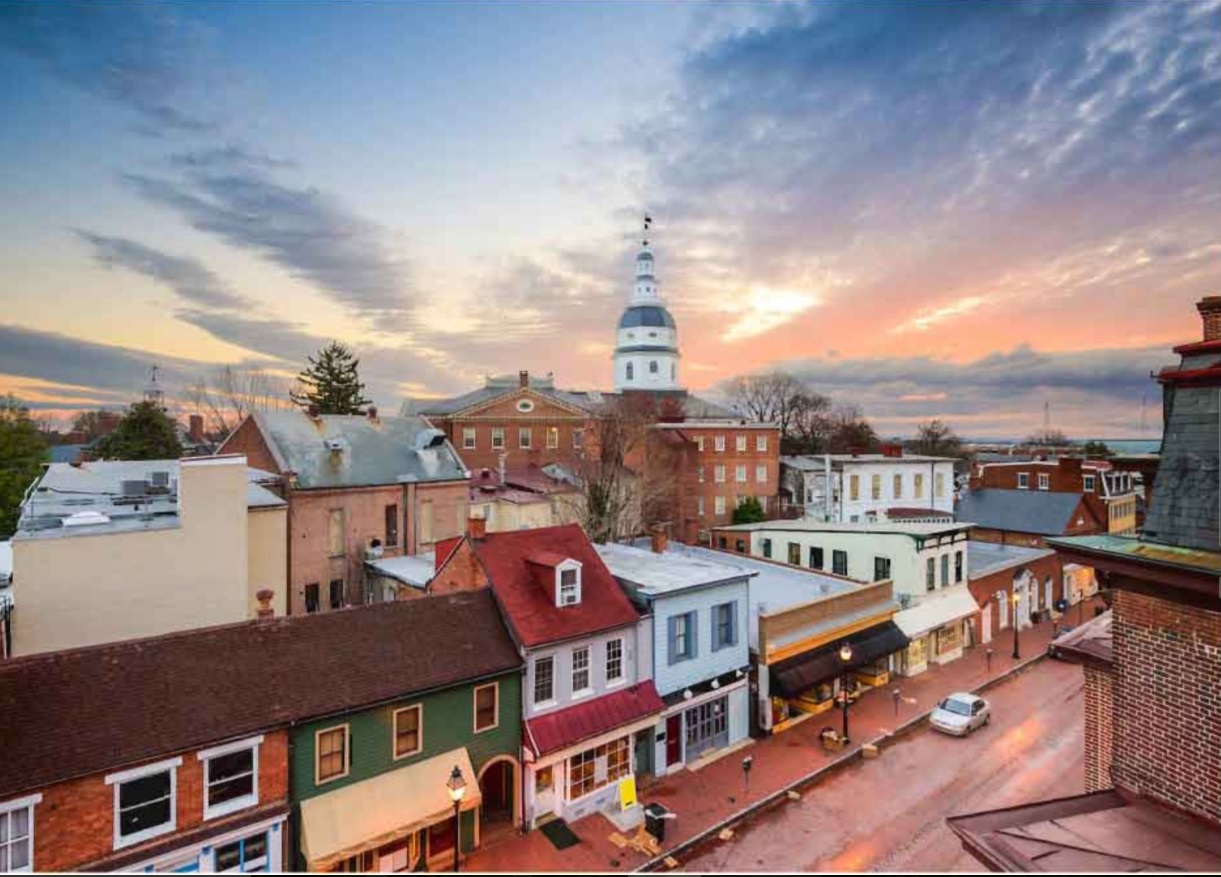By Dan Menefee
Dan@Marylandreporter.com
Gov. Martin O’Malley and Environment Secretary Robert Summers were questioned by lawmakers Tuesday on the cost for the proposed consumption-based flush tax on homes and businesses.
Sen. J. B. Jennings, R-Baltimore County, of the Education, Health, and Environmental Affairs Committee, said the flush tax increase would hit small businesses hardest based on the proposal’s fiscal note, which reported small businesses would pay up to 250% in flush tax increases.
“How much do we need,” Jennings asked O’Malley and Summers at the committee hearing Tuesday. “Originally I’m hearing a doubling of the fee, but when you look at the business side, it’s up 250%.”
Jennings said the projected costs to businesses seemed excessive and believes the additional tax burden would be passed onto consumers.
Environment Secretary Robert Summers responded that the while some homes and businesses would see higher fees, the proposal would only double the current revenue stream into the Chesapeake Bay Restoration Fund, which is needed to implement new septic standards and modernize 67 sewage treatment plants.
Jennings said a grocery store in his district would see an increase from $1,900 to $7,000 annually, and a department store would pay an extra $4,000 annually under O’Malley’s proposal.
Home water usage in dispute
Sen. Edward Reilly, R- Anne Arundel, challenged repeated administration claims that an average home in Maryland consumes only 4,000 gallons per month, and would only be charged around $5 a month under the new tax. Reilly said he’s reviewed water bills from some of his constituents and the administration’s estimates seem very low.
“Most of the bills I see are considerably higher than that,” Reilly said. “Those people would be adversely affected by the new calculation.”
Summers insisted the consumption estimates were realistic for homes.
“The progressive fee is scaled such that the average user will basically see a doubling of the fee,” Summers said. He said low-end users make up about 50% of the population and would pay less than a doubling of the tax. High-end users would see “something a little more than a doubling.”
Reilly lamented that there was actually no way to measure sewage and said residents in areas with pools and lawns would be unfairly penalized during the spring and summer months, when pools are filled and lawns are watered.
Summers said jurisdictions use a formula for sewage discharge based on 12% of total water consumption and adjust for pools and lawns.
Reilly asked O’Malley why neighboring states had not invested in bay cleanup to the level Maryland has. “There appears to be an acceleration of our efforts and our expenses to do what we can faster than anyone else…why are we running so fast when everyone else is dragging?”
O’Malley said he believes the other states will fall in line.
“We have the most to lose if the bay dies,” O’Malley responded. “So it stands to reason that we would be the most passionate and committed to protection and restoration.”





the bay, and the school, the roads, every time they promise and its never enough. It would be wise to tie these taxes in with the pay and future pensions of the gov and assembly with the success of these taxes and their programs.
in Baltimore 500 million loan for one hotel, that has lost money every year for the city, 45 million for a luxury hotel and no propertys taxes, no property for the new energy co to build an office buiding ,millions wasted by baltimore for a race car celebration.
STILL NO SCHOOLS FOR BATIMORE.
water bills and flush that have increased to clean up the bay…..but trash trucks that leak filth on to the city streets waiting for the next rain to flush it to the bay. Government at its most sickly and self glorifying.
WE SHOULD LET THE CHINESE RUN AMERICA THEY COULDNT DO ANY WORSE.